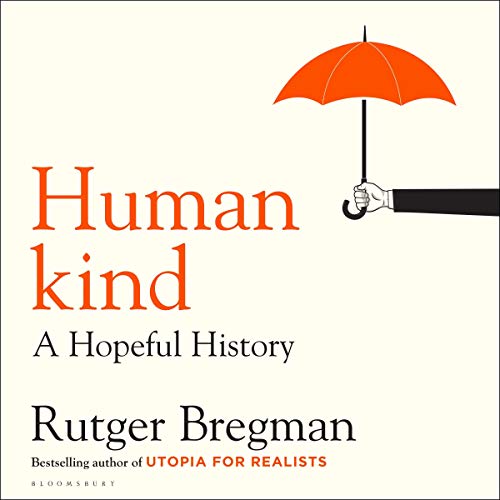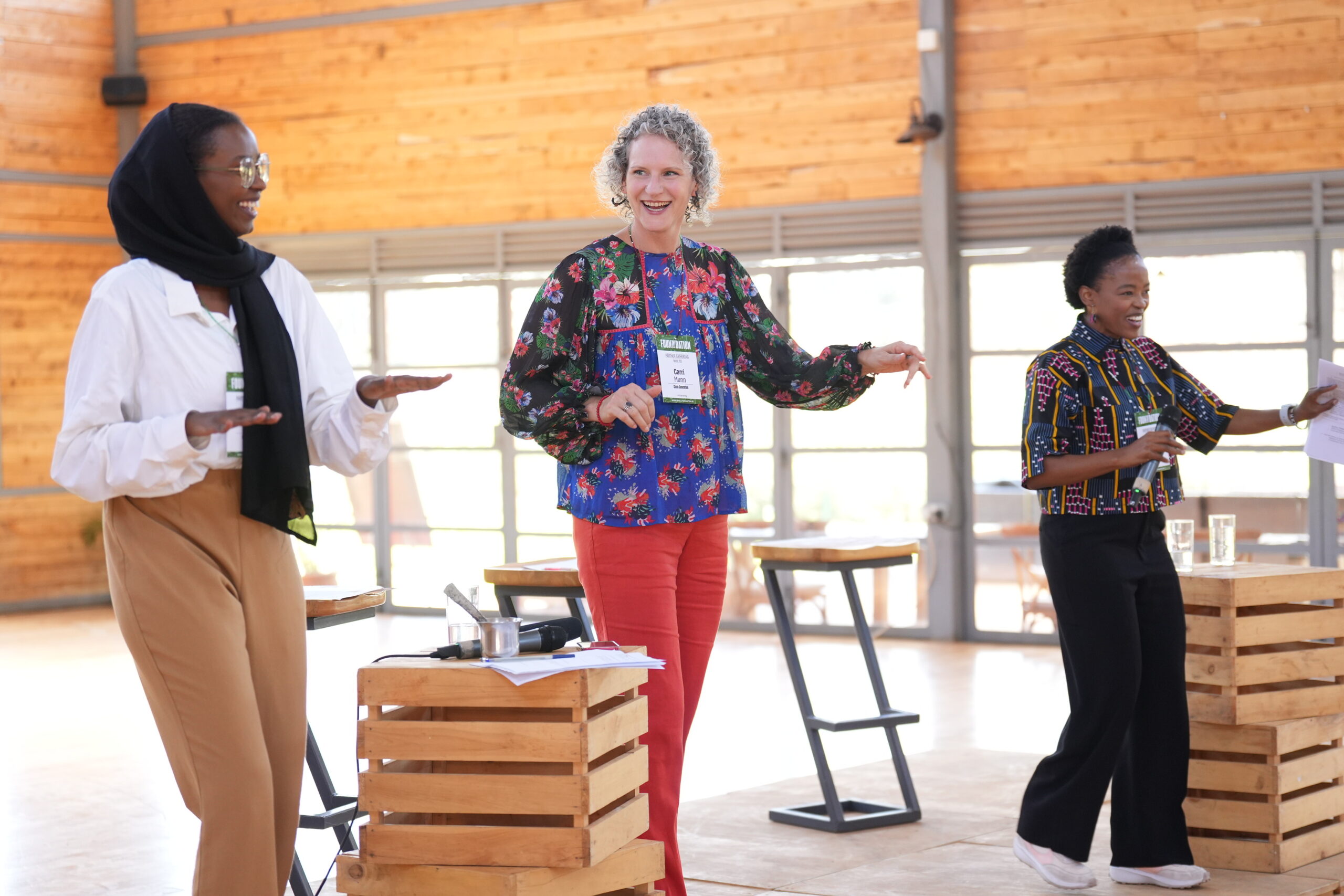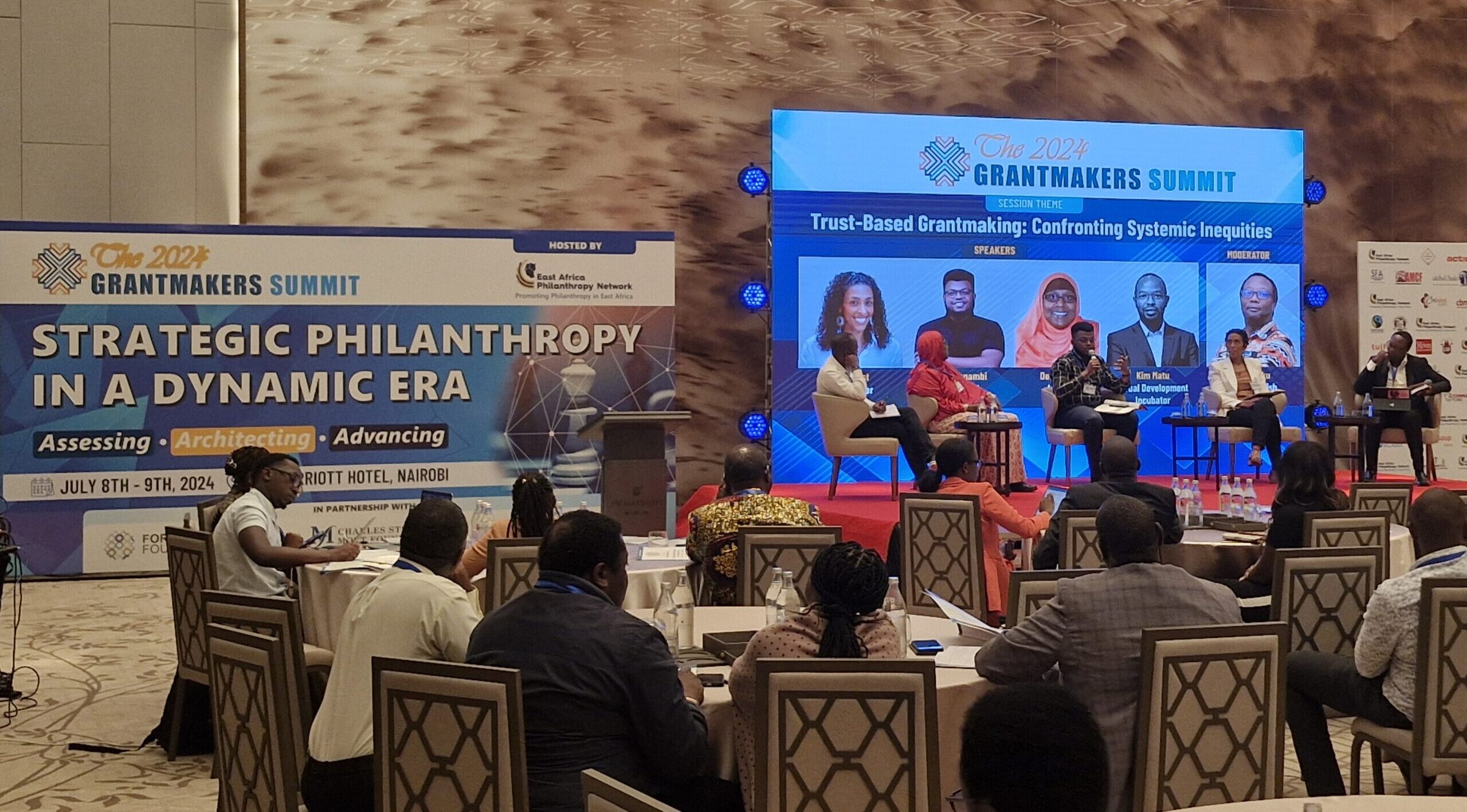
How ‘Humankind’ challenges us to be better social funders.
As we navigate these uncertain times, it might seem obvious that we need to be more realistic in our approach to people and how we have impact in the world.
But in his new book Humankind. A hopeful history. Rutger Bregman subverts perceptions of what is a realistic view of humanity.
Contrary to what popular psychology and our perpetual news cycle would have you believe, we are a relentlessly sociable and collaborative species who thrive from doing good. We also mirror each other and those around us and so are influenced by how we perceive others are acting and reacting.
Bregman calls for us individually to have the courage to turn the other cheek in the face of hostility and extend our generosity to help others. In so-doing we will unlock the inherently positive, cooperative and good in all of us.
Humankind offers several challenges that I believe are relevant to social funders:
Stay curious and open-minded. Bregman argues that we need to go beyond the headlines and look at the evidence behind academic studies and news articles that purport to define people’s mindsets and behaviour. He deconstructs psychology experiments that have long-influenced our view of intrinsic human nature to show how they were either mis-represented or scientifically invalid. He challenges reporting on negative human reactions to violent crime and natural disasters. He even tackles influential literature which has contributed to the view of children as inherently predisposed to evil. Just as importantly, he advocates for us to ask questions to understand the perspective of others before assuming you know what they want, need or are trying to achieve.
Small Foundation has supported a number of our partners to look at the evidence that underpins our collective work. The findings have been insightful and enlightening. The Council on Smallholder Agricultural Finance publishes an annual State of the Sector report and has also undertaken a benchmarking study of their collective lending. One Acre Fund (1AF) has invested in a Quality of Life study looking at the impacts of 1AF programme participation on a wide range of quality of life-related measures including health, nutrition, education and small business creation. ISF Advisors and the Mastercard Foundation Rural and Agricultural Finance Learning Lab jointly produced the 2019 Rural & Agricultural Finance State of the Sector Report.
Keep up contact. Bregman shows that contact unlocks understanding, and understanding builds trust. Whether it is bridging racial divides in South Africa, crossing the trenches in World War I or bringing home FARC rebels in Columbia, Bregman builds on existing academic evidence that nonviolence is the most effective way to resolve conflict and understand differences. He calls for us to prioritise human contact to arrive at better decisions and outcomes over time.
Working with our partner Converge, Small Foundation has seen how building trust is fundamental to the success of multi-stakeholder networks that seek to have systemic impact. This approach has borne fruit in the varied cross-cutting ecosystem-level initiatives that we support. Through this challenging period of the global coronavirus pandemic we are learning from Converge and others about how to continue to connect, even when we are physically distant.
Understand ourselves and our power. Bregman states that human compassion is a real strength, but we should beware empathy which can blind us. Empathy shines a spotlight on people who are close to us but leaves us disconnected to those who are not close to us. So we need to train our compassion to make sure we are best placed to provide support to the people we want to serve. At the same time, we should be mindful that power leads to ‘acquired sociopathy’. In other words, people with power feel less connected to others. Equally people who feel less powerfully are also less confident and underestimate their own intelligence. We should be mindful of the power dynamics in which we operate.
As part of our own learning journey around how to develop and embed Small Foundation’s systems practice, School of System Change has encouraged us to think about our role as a funder and understand our agency, power and responsibility. Anna Birney, director at the School, says, ‘When considering how to create change, we need to explore how power is expressed and wielded, including our own.’ As Small Foundation explores this aspiration further, we are cultivating an awareness of power in our interactions internally and externally.
Expect the best from people. Bregman talks about how having high expectations of people has led to higher achievement. At the same time, if you have negative expectations about someone then they are less likely to achieve. He also cautions against falling foul of ‘pluralistic ignorance’ – not calling something out because you do not want to be the first one to do so – and this potentially leading to group think and negative spirals. People have agency to influence positive outcomes.
Bregman’s book challenges us to throw off clichés and stereotypes about human nature and makes a case for optimism and hope. As the world considers how we can best tackle unprecedented social and economic challenges his messages suggest practical actions to have real impact. Offering trust, communicating and connecting with others are not easy choices. Bregman argues this approach is the most realistic chance we have of unlocking the best of humankind.

